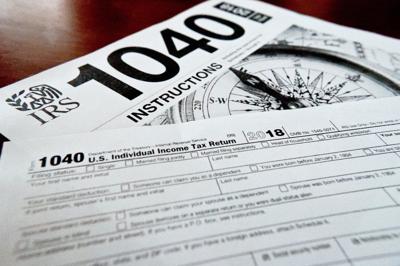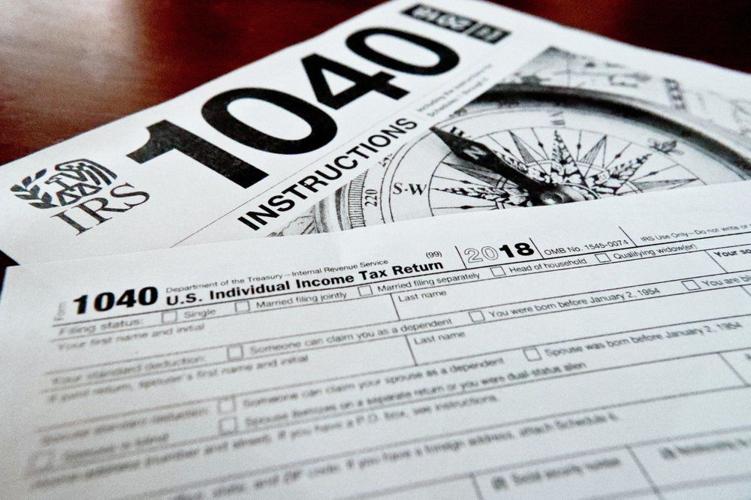LOUISVILLE, Ky. (WDRB) -- Tax season is underway, but Kentuckians filing their returns may encounter unexpected delays this year.
Starting Feb. 26, the state's tax refund processing will pause for at least two weeks due to an update to Kentucky's tax portal. Refunds won't be issued until mid-March, but taxpayers can still file during this time.
"I'm shocked," said Richard Zenger, a Louisville accountant. "I think there would have been a better time to do this after tax season."
According to the state, the two-week pause will take place from Feb. 26 through March 14 so it can transition to the new system. Department of Revenue staff will still be answering phone calls from taxpayers during this time, but normal operations won't begin again until March 14.
"We encourage Kentuckians who anticipate a refund to file their taxes early, so they can receive those payments as soon as possible," DOR Commissioner Tom Miller said in a news release earlier this month. "Our team is working hard to transition to a new, modern tax system that's easy to navigate and will benefit our citizens and businesses for years to come."
According to the Kentucky Department of Revenue, the new system will offer a more comprehensive view of taxpayer data, ability to view taxpayer correspondence, and increased self-service capabilities.
Officials said Kentuckians can still file their individual income tax returns at any point, starting Jan. 27 through April 15, but refunds will not be processed during that two-week pause.
Zenger advised residents to file as soon as possible if they hope to receive their refunds before the portal update. He estimated delays could impact those filing after Feb. 1.
Federal tax refunds will remain unaffected, but Zenger acknowledged the importance of state refunds, even if they tend to be smaller.
"Even though their state refund is usually very small, it buys them a tank of gas or gets them a meal," he said. "It's important to them."
Changes to deductions this year include increases in the standard deduction to $14,600 for single filers, $29,000 for married couples filing jointly and $21,900 for heads of households.
For those who owe taxes but can't afford to pay, Zenger urged individuals to file regardless.
"The single most important thing any taxpayer can do is file your taxes, even if you can't pay," he said. "If you don't file and don't pay, the penalties are astronomical."














